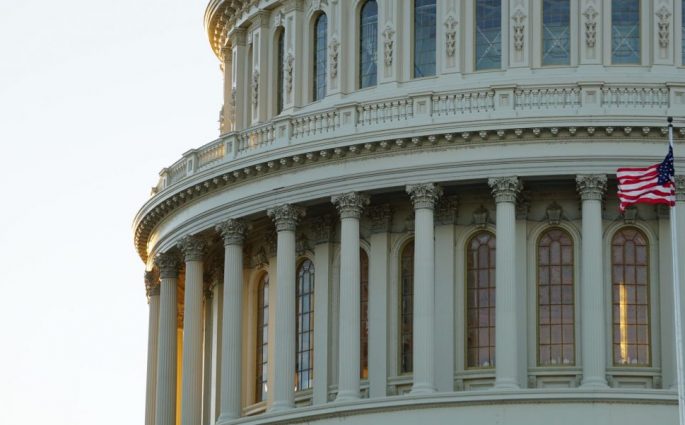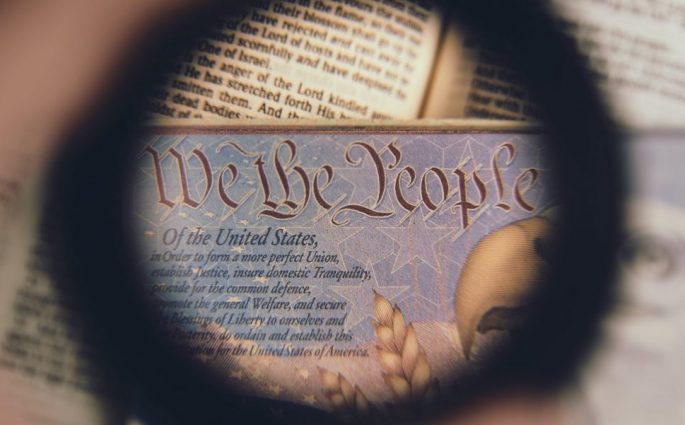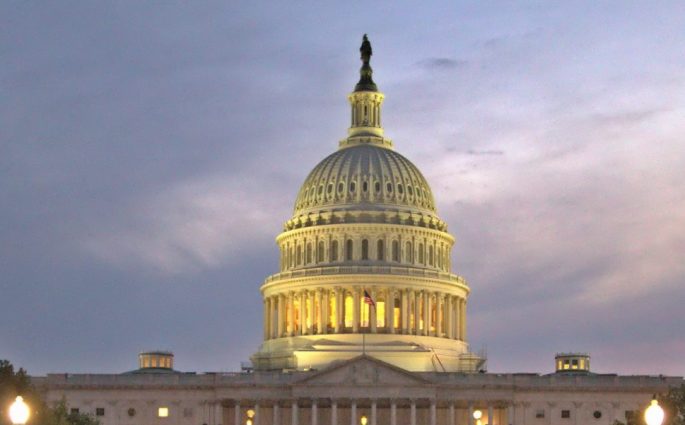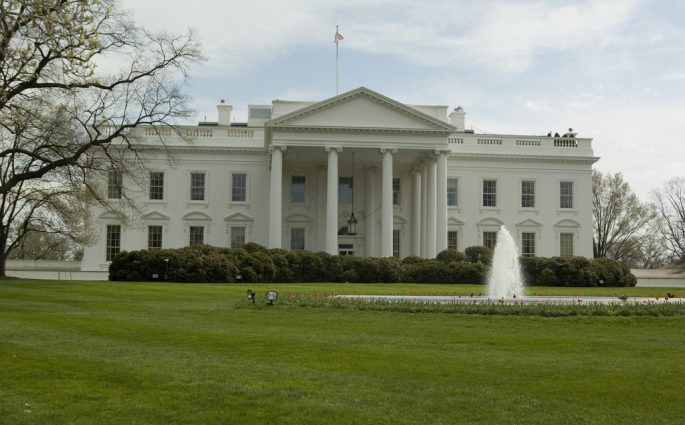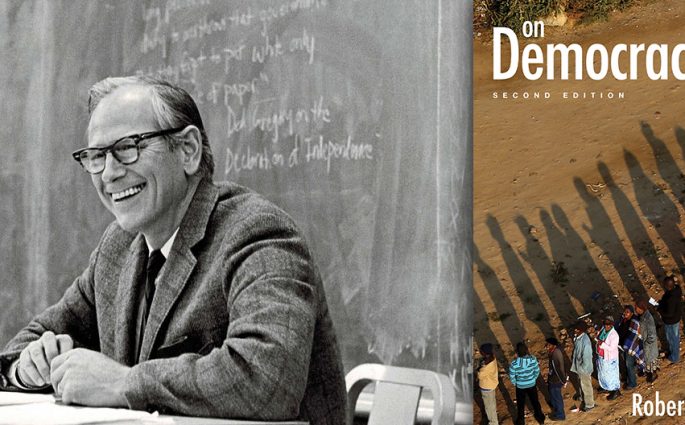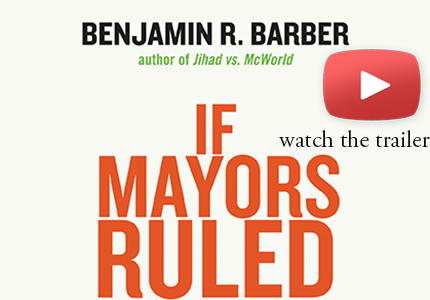Theories of Managerialism
Beth Simone Noveck— In recent decades, especially since Reagan and Thatcher, some scholars and practitioners have argued that the way to fix government is to copy the techniques of the private sector, especially the use of more data to deliver better performance. In line with rising interest in private-sector solutions

